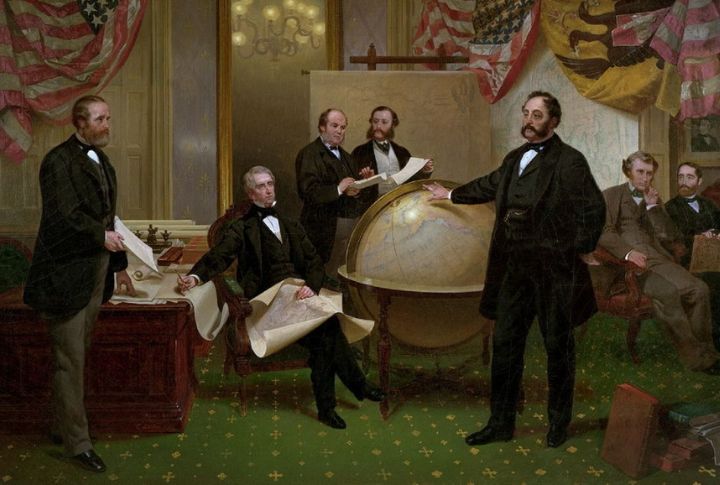
Did you know that way, way back, Alaska was Russian territory? Sounds wild now, but there was a time the Russian flag flew over what’s now one of the coldest U.S. states. The story of how it switched hands is about strategy, miscalculations, and a whole lot of “what now?” moments. Let’s explore 10 reasons.
Fear Of British Invasion Drove Russia’s Decision

Even after the Crimean War, British hostility lingered like a storm cloud. Russia saw Alaska not as a remote colony but as a likely target if tensions reignited. With British ships sweeping into Pacific waters, the tsars didn’t need a crystal ball to predict a possible clash—and Alaska was dangerously exposed.
Alaska Was Too Expensive To Defend Or Supply

Russia’s distance was inconvenient and disastrous. Supply routes to Alaska turned into frostbitten nightmares, and each winter brought logistical failure. As costs climbed and the region stayed stubbornly isolated, Russia realized it was throwing good rubles after bad, trying to keep a grip on a land it could barely reach.
Russia Needed Money After The Crimean War
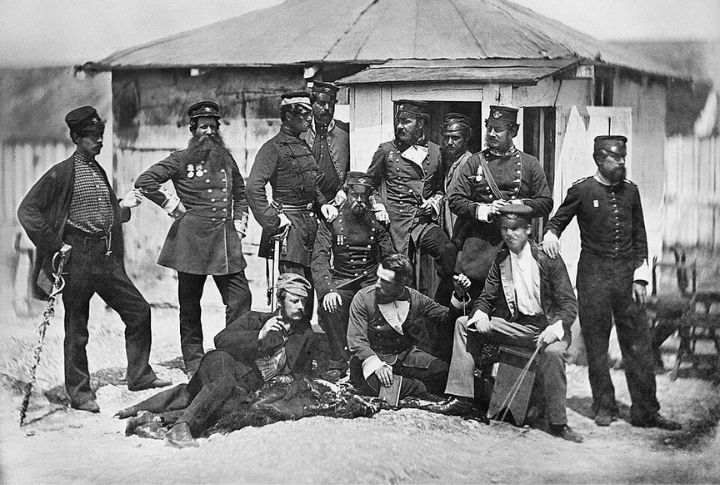
Victory on paper didn’t mean economic health. By 1856, the empire’s purse strings were tight, and Alaska looked like a luxury Russia couldn’t afford. Faced with debt and hard decisions, officials saw a land sale as the more practical move. Alaska became the empire’s most expensive burden.
Russia Wanted To Strengthen U.S. Ties Against Britain
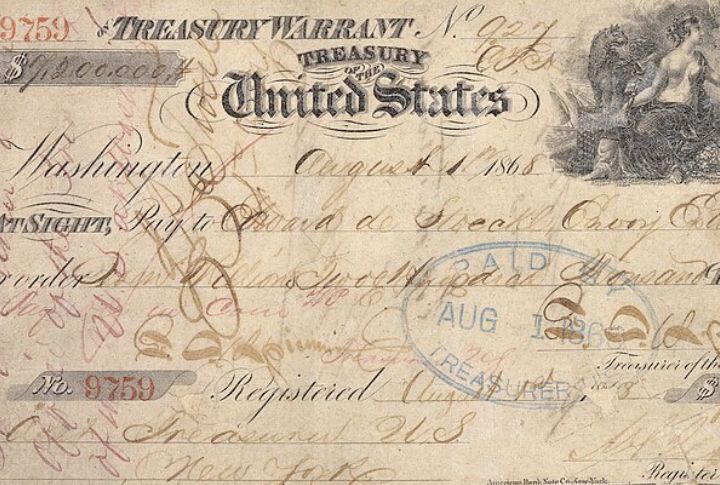
Geopolitics made strange bedfellows. With Britain as a common rival, Russia saw the U.S. as a counterweight in the Pacific. Handing over Alaska was a strategic nod to an emerging ally. The move helped box in Britain and gave Russia diplomatic mileage for land it had already written off.
Logistical Nightmares Made Governance Impractical

Running Alaska meant dealing with months-long delays, frozen supply routes, and almost no one left to govern. The few settlers faced harsh winters and little reason to stay. For Russia, stretched across a vast empire, Alaska was too far and too difficult to manage. Selling it was the easier option.
Russia Feared Losing Alaska For Nothing
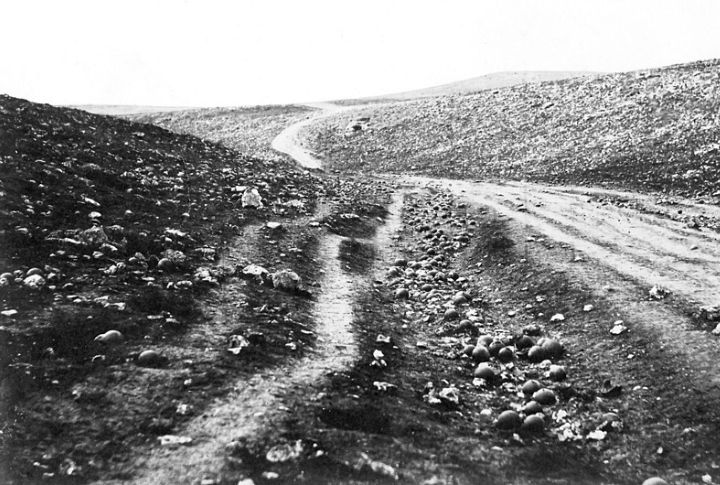
Losing Alaska in battle would’ve been a repeat of Crimea’s humiliation. Instead of waiting for another shoe to drop—or another fleet to land—Russia chose cash over conquest. The sale gave the tsars money in hand and let them skip the spectacle of surrendering more land to Western powers.
Siberia Offered More Strategic Value Than Alaska
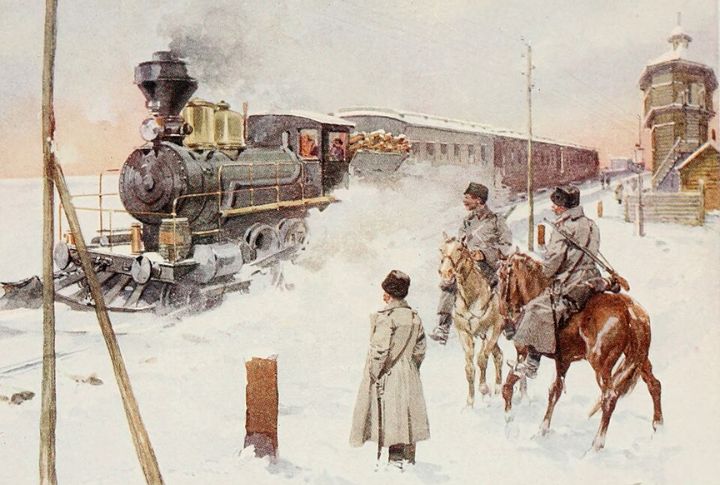
Russia’s ambitions were shifting across Asia, with the Trans-Siberian Railway already capturing attention and resources. Alaska, cold and cut off, simply didn’t measure up. Strategic planners realized the empire’s future lay in connecting its heartlands—not in defending distant outposts across the Bering Sea.
American Interest Provided A Timely Opportunity
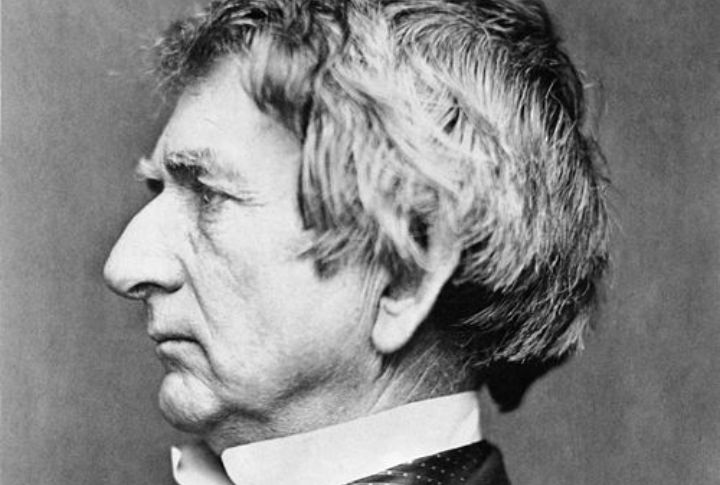
Sometimes, opportunity knocks wearing a top hat. William Seward wanted Alaska—and he had gold to back it up. Russia, looking to cut losses fast, didn’t hesitate. Diplomats moved quickly, the check cleared, and both sides walked away smiling. For Russia, the deal came just in time.
Alaska Was Never Fully Integrated Into The Russian Empire
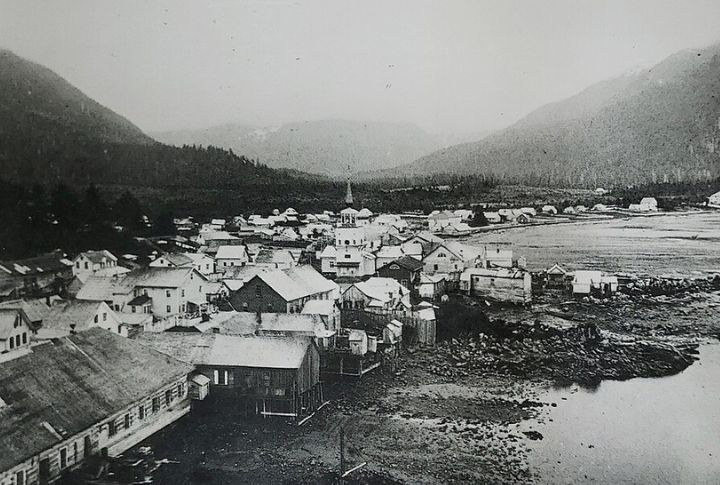
To most Russians, Alaska was foreign soil in name and spirit. With little infrastructure and no political voice, the colony operated on the fringes—more outpost than homeland. Run by a private company, not Moscow’s hand, it felt separate long before the sale was sealed.
The Russian-American Company Was Failing

What began as a grand economic venture turned into a bureaucratic mess. The Russian-American Company bled money and trust. And mismanagement and broken promises stacked up until the empire had no reason to keep backing it. Selling Alaska was necessary to stop the bleeding.

